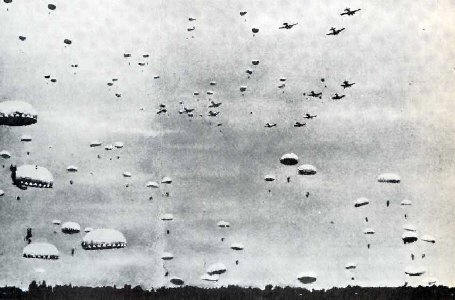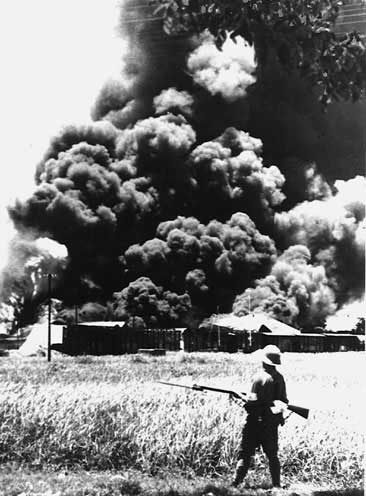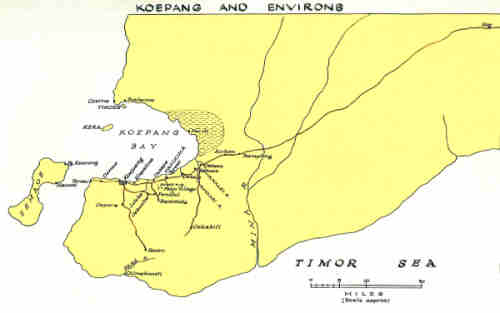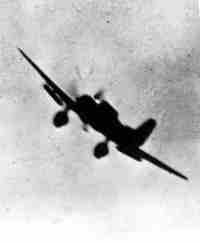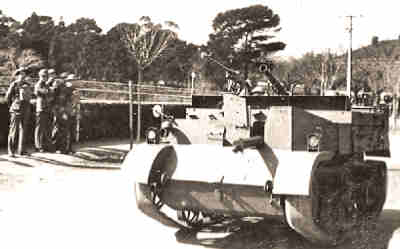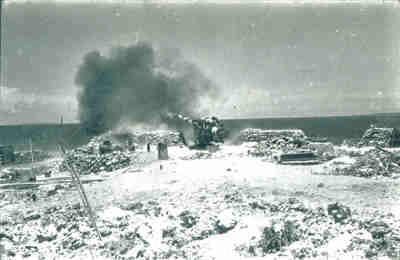|
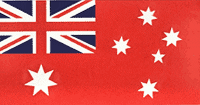
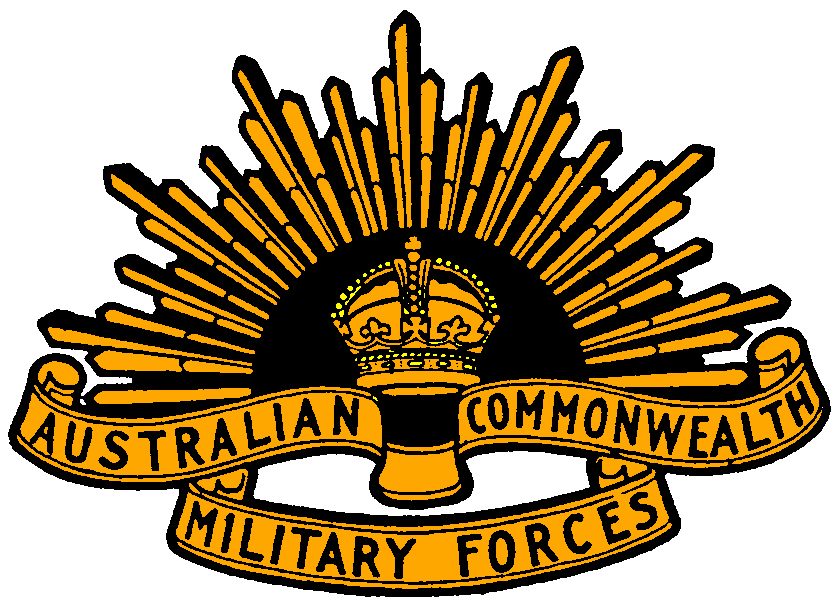
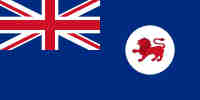
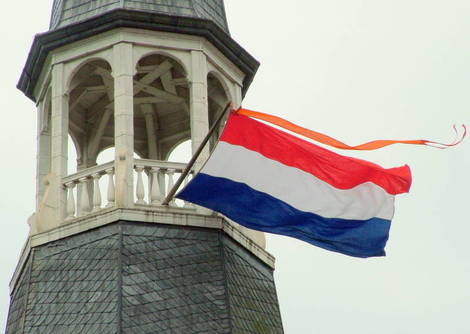
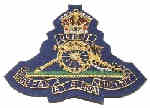
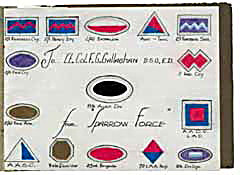
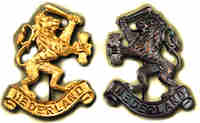 |
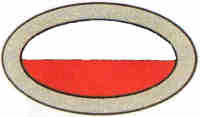 Sparrow Force
on Timor consisted mostly of the
2/40th Battalion, one of three infantry battalions in the 23rd Brigade, 8th Division
of the 2nd A.I.F. Tasmania's 2/40th infantry unit represented most of
Australia's force to Dutch West Timor; another task was to
provide support and protection for the 2/1st Heavy Battery that manned two 6-in. Mk XI naval guns and emplacements at Klapalima, originally from
Great
War warships, the HMS Hibernia and
HMAS Sydney (1). Sparrow Force
on Timor consisted mostly of the
2/40th Battalion, one of three infantry battalions in the 23rd Brigade, 8th Division
of the 2nd A.I.F. Tasmania's 2/40th infantry unit represented most of
Australia's force to Dutch West Timor; another task was to
provide support and protection for the 2/1st Heavy Battery that manned two 6-in. Mk XI naval guns and emplacements at Klapalima, originally from
Great
War warships, the HMS Hibernia and
HMAS Sydney (1).
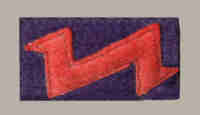 The heavy gunners
had auxiliary units; 2/1st Fortress Engineers organized gun
installations and operated the fighting spotlights, and 2/1st
Fortress Signals. Most of the 2/1st were from NSW, based at
North Head in Sydney. HQ Sparrow Force had command headquarters at Penfui aerodrome
and HQ platoons included Signals, Anti-Aircraft, Mortars, Carriers,
Pioneers and Transport sections. Headquarters and Field Ambulance were later moved upcountry with
hospital facilities to Tjamplong where there was less of a problem with
malaria, tropical ulcers and diseases that plagued the men working
on the coast.
The heavy gunners
had auxiliary units; 2/1st Fortress Engineers organized gun
installations and operated the fighting spotlights, and 2/1st
Fortress Signals. Most of the 2/1st were from NSW, based at
North Head in Sydney. HQ Sparrow Force had command headquarters at Penfui aerodrome
and HQ platoons included Signals, Anti-Aircraft, Mortars, Carriers,
Pioneers and Transport sections. Headquarters and Field Ambulance were later moved upcountry with
hospital facilities to Tjamplong where there was less of a problem with
malaria, tropical ulcers and diseases that plagued the men working
on the coast.
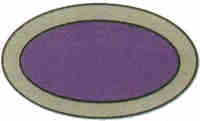 No.2 Section, 2/11th Field Coy.,
a Queensland unit of Royal Australian Engineers, was deployed primarily at
Penfui airport to construct buildings and defences and destroy fuel,
bombs, supplies and the runway in the event of imminent Japanese
capture. Some 2/11th working at Atambua escaped and blew up large bridges
during
their move east. Other ancillary units included B Troop, 18th Anti-Tank Battery,
75th Light Aid Detachment, 2/12th Field Ambulance and Australian
Army
Service Corps, 22nd Dental Unit, 23rd Brigade Signals and the Army Pay
Corps. No.2 Section, 2/11th Field Coy.,
a Queensland unit of Royal Australian Engineers, was deployed primarily at
Penfui airport to construct buildings and defences and destroy fuel,
bombs, supplies and the runway in the event of imminent Japanese
capture. Some 2/11th working at Atambua escaped and blew up large bridges
during
their move east. Other ancillary units included B Troop, 18th Anti-Tank Battery,
75th Light Aid Detachment, 2/12th Field Ambulance and Australian
Army
Service Corps, 22nd Dental Unit, 23rd Brigade Signals and the Army Pay
Corps.
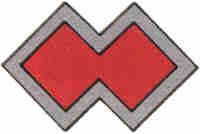 The
2nd Independent Coy.
(Commando) went to the other side of the island to Dili in Portuguese
East Timor. They were in action there until late in 1942. Medium bombers of
No.2 Squadron, RAAF were based at Penfoei, initially with 10 Lockheed Hudsons.
RAAF ground staff and communications at the airfield ran fuel and munitions
dumps assisted by drafts from the 2/40th. The
2nd Independent Coy.
(Commando) went to the other side of the island to Dili in Portuguese
East Timor. They were in action there until late in 1942. Medium bombers of
No.2 Squadron, RAAF were based at Penfoei, initially with 10 Lockheed Hudsons.
RAAF ground staff and communications at the airfield ran fuel and munitions
dumps assisted by drafts from the 2/40th.
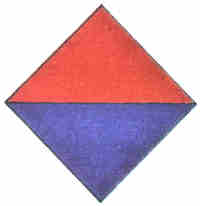 The 79th Light Anti-Aircraft Battery, Royal
Artillery was a British unit from Java, veterans of the Battle for
Britain. A & C Troops arrived just before the Japanese invasion. They were
promptly deployed with the Heavy Battery at Klapalima and at Penfoei airdrome
where they had almost immediate success. The 79th Light Anti-Aircraft Battery, Royal
Artillery was a British unit from Java, veterans of the Battle for
Britain. A & C Troops arrived just before the Japanese invasion. They were
promptly deployed with the Heavy Battery at Klapalima and at Penfoei airdrome
where they had almost immediate success.
On 26t h January
1942, Japanese fighter attacks began on the Penfui air base, followed by
bombing and strafing of the Heavy Battery positions at Klapalima. However little
damage was done as A-A Lewis guns opened up on their attackers. With the fall of
Hong Kong, Singapore, Rabaul and Ambon, Sparrow Force knew that invasion was
imminent. Darwin was bombed on 19th February, the first of sixty-four such
attacks.
Darwin's bombing coincided with Japanese
landings on Timor. After midnight on 19th February, the 38th
Infantry Group landed at Paha River on the south coast, behind the guns and
beach defences. On the 20th, paratroops of the 3rd Yokosuka Special Naval
Landing Forces cut the road to Tjamplong HQ and they advanced on the supply
base at Babao. B and D Coys. of the 2/40th retook Babao; more
paratroops were dropped on the 21st and linked up with Marines with heavy
weapons; they had marched overland from the Paha River. With thousands of the 1/228th
and 3/228th and more Japanese landing at Koepang, the Klapalima battery was
destroyed by retreating gunners of 2/1st Battery. Along with the 2/1st
Fortress Engineers, they fought as infantrymen alongside the 2/40th. Dutch
allies were conspicuous by their absence during these actions.
Forced back to Ouisow Ridge, the most
bitter fighting on Timor occurred when the companies of the 2/40th
attacked a larger number of entrenched Japanese on the Ridge, wiping out
the marines and decimating the paratroops in close quarter fighting and
bayonet charges. After three days of fighting, low on food, water and
ammunition, they stopped for the night at Irekum. Seaborne Japs enveloped
the column on the only road to the north-east and offered a truce and
capitulation on 23rd February, 1942. A memorial now stands atop Ouisow Ridge,
beside the road. Sparrow Force losses were around 50 k.i.a. compared with
some 1,000 Japanese.
The Australians threw away or
deactivated their arms as Japanese aircraft bombed the road, killing both
sides; somebody forgot to tell them that the fighting was over! Marched
back to internment behind their own barbed wire at Oesapa Besar, a mutual
respect existed as Japanese noted the savagery with numerous bayonet wounds on
their dead as they were gathered up for cremation. Some Japs feigned
death to rise up behind and shoot their enemy in the back, so rear units and
reinforcements made sure that all prone bodies were really dead. Sparrow Force
was not massacred like their Gull or Lark force counterparts... these were
the same Japs who murdered hundreds of Gull Force pow's at Laha airfield.
Sparrow Force had earned
a grudging respect from their new captors because after discovering mutilated
prisoners at Babao, the C.O. ordered 'No prisoners!'.
Sparrow Force was interned on Timor for about seven months as drafts split up the 2/40th companies and
ancillary units of Sparrow Force to be shipped out on Hell ships bound for
Java and slave labour in Japan, Sumatra and the Burma-Siam railway. An
even
worse fate awaited all of those prisoners of war.
The 2nd Independent Company
(Commando) carried
on Sparrow Force resistance against the Japanese, bolstered by a few hundred
who escaped from West Timor. The force was finally withdrawn to Australia at the
end of 1942. Sparrow Force tied up tens of thousands of front-line Japanese
troops that would have otherwise impacted on Allied successes in the
Pacific. They are immortalized in Damien Parer’s film ‘Men of Timor’,
shot on location in November 1942. Parer was a likely casualty of US ‘friendly
fire’ while filming the 1st Marine Division attack on Peleliu for Columbia
Pictures in September 1944; he won an Academy Award in 1943 for ‘Kokoda
Front Line’. It is ironic that Parer’s remains are now
alongside those of the Gull Force members massacred on Ambon and
Sparrow Force members from Timor, later re-interred at the Ambon
war cemetery.
Footsteps of Sparrow Force
combines the old with the new; cherished photographs and records carefully
preserved by an ever-diminishing number of survivors, recorded and processed
using new digital technologies. It is over seventy years since those men
left their homes and loved ones on the great adventure to the north. Europe
they thought would be their destination, to see England and the Continent or maybe
North Africa and the Middle East, to fight the Nazis. Few
realized that when Sparrow Force was conceived and Japan entered the war,
they would be sent to an island only a few hundred miles distant, that
would change their lives forever. |








